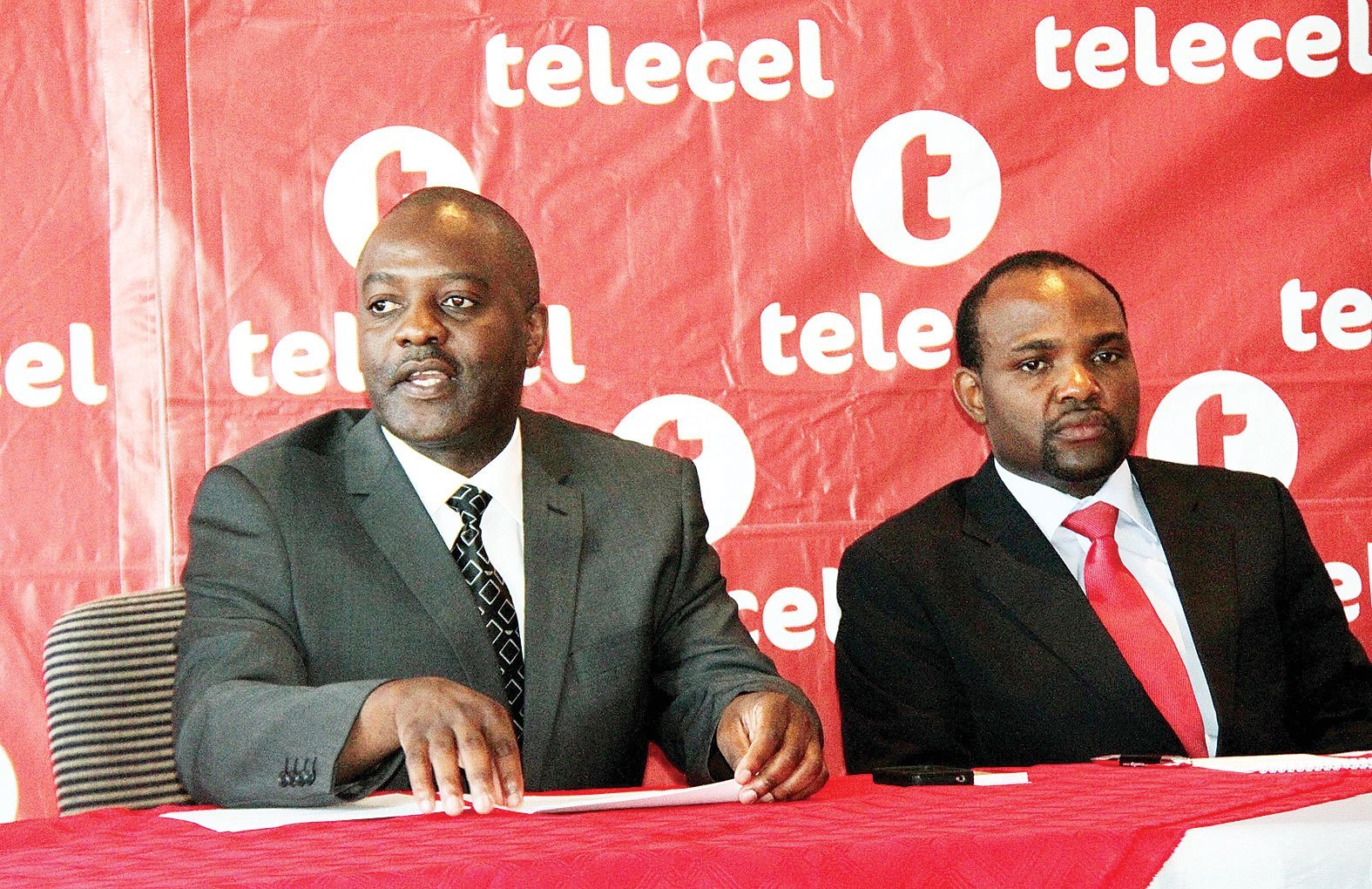
MOBILE phone companies in the country say although it makes economic sense for them to share infrastructure, the current set up cannot permit them.
by Our Correspondent
Speaking at the Mobile Markets and Telecoms forum in Bulawayo last week, Telecel Zimbabwe regional manager Nelson Chipangamate said there were a number of reasons why it was currently impossible for local telecommunication operators to share infrastructure.
“Operators would not want to share the infrastructure because of our current situation. In other countries, you find there is an independent company that sets up the infrastructure so that the mobile operators can come in and share that infrastructure,” said Chipangamate.
“In our scenario here in Zimbabwe, each and every company has to put up their own infrastructure and it involves putting a lot of money there and if we are to force them to share the infrastructure we can actually give rise to what we ‘call free rider problem’ whereby others would just wait for someone to go and put up the infrastructure so that they come in and put up their equipment,” he said.
He further said sharing infrastructure was also impossible because having wider network coverage in Zimbabwe was competitive advantage.
“In Zimbabwe, mobile network operators view coverage as a competitive advantage so when I put up a base station for instance in Guyu and I am the only operator there, it’s natural that you would want to protect your territorial advantage and say I am the only operator there,” Chipangamate said.
He however challenged fellow mobile operators to have a change of mindset towards the issue.
- Chamisa under fire over US$120K donation
- Mavhunga puts DeMbare into Chibuku quarterfinals
- Pension funds bet on Cabora Bassa oilfields
- Councils defy govt fire tender directive
Keep Reading
“But as mobile operators, there is need to change and have a paradigm shift in the way we view this issue and look at the bigger picture in terms of how we operate. It makes economic and social sense if mobile operators share infrastructure and it is something we need to seriously rethink. We need to move away from a situation where we view coverage as a competitive advantage and maybe compete on other fronts like quality of service and other value added services and so on,” said Chipangamate.
He said the operators should strive to cover everyone “whether they are in rural areas or in towns”. Currently, telecomms companies in Zimbabwe are setting up separate infrastructure.
This has reportedly resulted in a lot of duplication of communications infrastructure, resulting in high investment costs in network infrastructure such as base stations and other specialised equipment.
Such a scenario has resulted in high service tariffs, poor service delivery and stunted expansion of network range.











